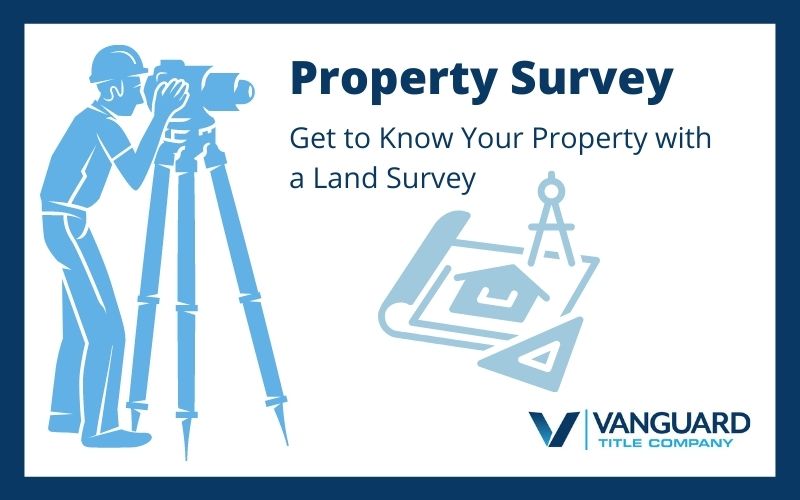By Christina Kass
One of the first questions you’ll want to ask when purchasing a home or commercial property is, “What are my boundary lines?” The answer to that question is best determined by hiring a land surveyor to conduct a residential or commercial lot survey. It’s the best way for you to know exactly what’s yours — and what’s not — ensuring your investment is accurately documented and protected.
Professional land surveyors use the Public Land Survey System; a combination of math, law, engineering, and physics to establish property boundaries. Their specialized equipment allows them to locate, describe, monument, map the boundaries and corners of a parcel of land. GPS equipment alone, on the other hand, cannot determine the location of a boundary line.
While there are many types of surveys, they all involve surveyors taking information from construction plans, deeds, and other papers then they mark the features on the ground, typically with wooden stakes. Surveyors also take information from markers on the ground and use it to create paper documents, such as maps and legal descriptions.
When to Seek a Residential Lot Survey
As a residential property owner, you can hire a surveyor at any time. However, you’ll most likely want to invest in a survey as part of your due diligence when you’re buying a home or purchasing a property with plans of construction in mind. A survey will provide you with a legal document that will help you defend your property rights, should the need arise.
Specifically, the services of a professional land surveyor are needed when:
- Buying or selling a home or land parcel
- Consolidating or dividing land into smaller parcels
- Installing septic systems, fences, or other improvements
- If neighbors may be encroaching on your property
Even if you have title insurance, you’ll still need a survey, since title insurance only covers defects in the title of your property and does not protect you from problems with the boundaries of your property, if they are not of public record. Having a survey done is the only way to know if encroachments exist, for example.
A survey can also alert you to potential problems that you may not otherwise notice. For example, say the former property owner built a garage over part of a utility easement. The utility provider may have the legal right to have you remove the garage if it interferes with the installation of the utility. A survey may allow you to negotiate a solution with the seller before you close on your purchase.
So, what type of survey do you need? A Mortgage Survey is usually required by title insurance companies to insure over unknown survey issues and lending institutions to provide financing. This is a simple survey that determines general land boundaries and improvements to the land.
For most private residential property, a Boundary Survey is useful in determining the official boundaries of a property, based on the property’s legal description. The process includes setting or restoring monuments at the corners or along the lines of the property. You’ll receive signed and stamped original copies of the Certificate of Survey, showing a sketch of the property and which corner points were found or set.
If necessary, you can request a Boundary Survey with Improvements, which will determine the location of any visible improvements, encroachments, or easements and show them on the sketch.
A Commercial Survey Safeguards Your Investment
Since the purchase of commercial real estate involves a significant investment, land surveys involving commercial properties reveal much more extensive information about real property. As such, they can safeguard your commercial investment from claims that a simple title search or basic survey may not disclose.
Buyers of commercial property should consider an ALTA Survey. These surveys are based on rigorous nationwide standards put forth by the American Land Title Association.
ALTA Surveys can help identify “survey risks” associated with commercial real estate, including boundary line disputes, encroachments, or claims of easements not found in public records. In addition, they can provide information about improvements such as roads, trails, fences, rights of way, and other features affecting ownership — including zoning and flood zone classification.
A Commercial Mortgage Location Survey is a less costly alternative to an ALTA Survey. These surveys follow the same state standards as a residential mortgage survey but may not be as accurate as an ALTA Survey. The lender or underwriter typically determines which type of commercial survey is required.
Vanguard is Always Here to Help You
At Vanguard Title, we believe it’s important for you to know the details of the exact property you’re purchasing for personal or commercial use. We can help you find a reputable surveyor and determine the best type of survey(s) for your needs. We’ve closed on thousands of real estate transactions throughout Michigan and can assist you every step of the way.

